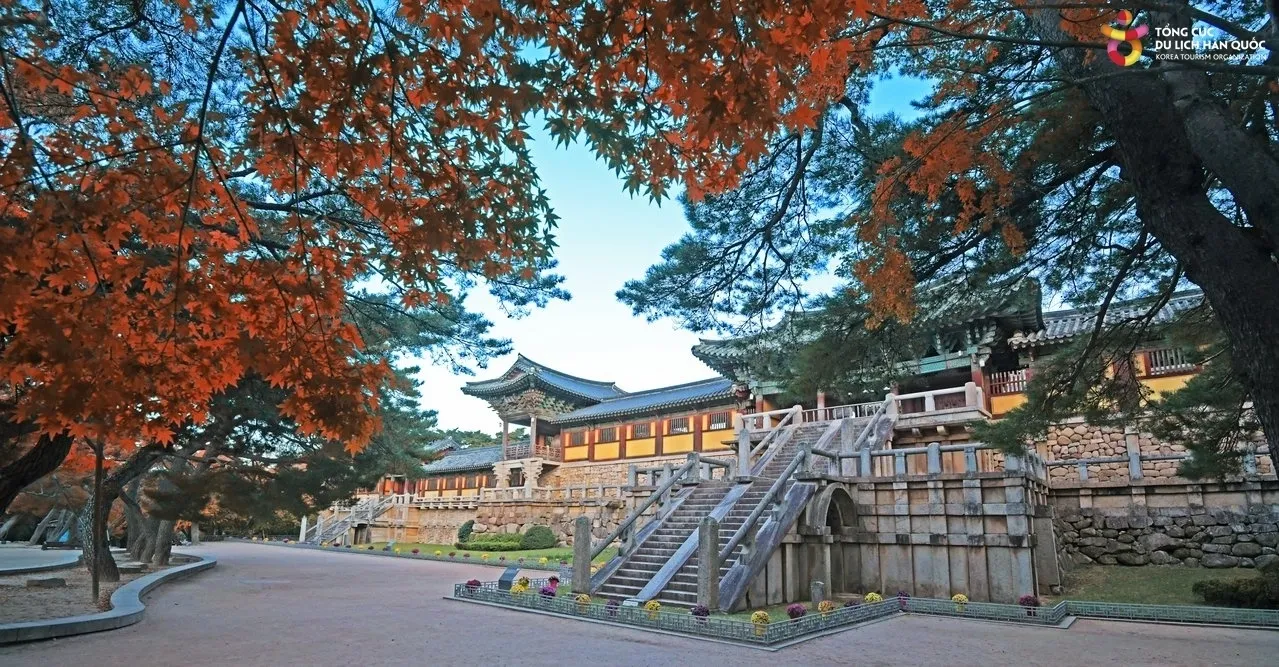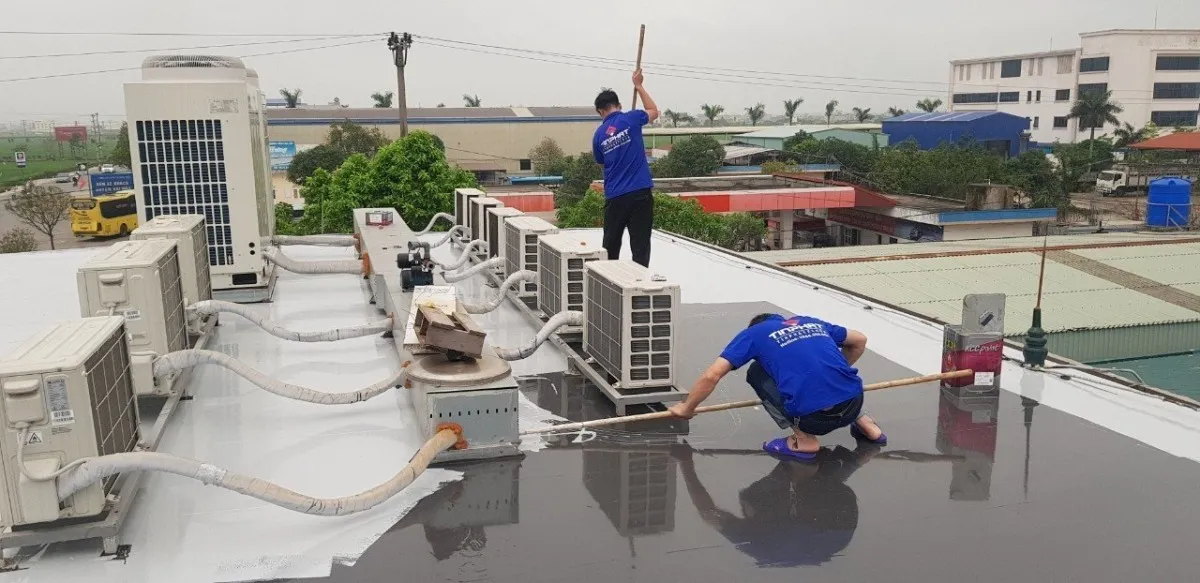Future of Elderly Care: Personalized and Holistic Approaches
The way societies approach elderly care is changing dramatically. With longer life expectancies, growing awareness of mental health, and rapid advances in medical technology, families and caregivers are looking beyond traditional models of care. The future of elderly care lies in personalized and holistic approaches that respect the uniqueness of every senior, addressing not only physical health but also emotional, social, and spiritual well-being. This article explores how these innovative models are shaping the landscape of aging, highlighting the opportunities and challenges that lie ahead.

The Evolution of Elderly Care
Elderly care has historically been rooted in basic physical support and medical supervision. In the past, the primary concern was to ensure seniors were safe and had access to food, shelter, and medication. While this remains important, the modern understanding of care has expanded.
Today, families and healthcare professionals recognize that seniors deserve more than just survival - they deserve a fulfilling life. The future of elderly care shifts from a one-size-fits-all approach toward systems that adapt to the individual’s preferences, cultural background, and emotional needs.
This evolution reflects a broader social change. As the global population ages, the demand for care that is both compassionate and sustainable grows stronger.
Defining Personalized Care
Personalized elderly care is built around tailoring services to meet the specific needs of each senior. Instead of treating all patients as if they have the same needs, personalized models take into account medical history, lifestyle, personality, and even hobbies.
For example, a senior with diabetes might receive a customized meal plan, while another with dementia could benefit from specialized memory-support activities. This focus on individuality ensures care feels meaningful rather than routine.
Key Elements of Personalized Care
- Comprehensive health assessments
- Tailored daily routines
- Emotional and cognitive support programs
- Technology integration for monitoring specific health concerns
By prioritizing the unique traits of each person, caregivers help seniors maintain dignity and independence, even when facing health challenges.
Understanding Holistic Approaches
A holistic approach to elderly care means looking beyond physical health to include mental, emotional, social, and spiritual well-being. This type of care acknowledges that seniors are whole human beings with complex needs, not just patients with medical conditions.
Holistic care might involve therapy sessions, social activities, meditation, nutritional guidance, and opportunities for creative expression. The goal is to nurture the mind, body, and spirit together.
Benefits of Holistic Care
- Improved mental health and reduced depression
- Stronger social connections and community involvement
- Enhanced physical outcomes due to lifestyle integration
- A sense of purpose and personal identity in later life
The Role of Technology in Elderly Care
Technology is reshaping the future of elderly care by enabling more personalized and holistic solutions. From wearable health trackers to AI-powered platforms, seniors can now receive tailored support without sacrificing independence.
Examples of Technology in Care
- Telemedicine: Seniors can consult doctors from home, reducing travel stress.
- Wearables: Devices track heart rate, blood sugar, or sleep, alerting caregivers to potential issues.
- Smart homes: Automated lighting, voice-activated assistants, and fall-detection systems enhance safety.
- AI companions: Virtual assistants offer reminders, conversation, and companionship.
The integration of technology ensures care is not only more effective but also proactive, preventing crises before they arise.
Addressing Mental and Emotional Health
Historically, elderly care focused mostly on physical needs, often neglecting mental health. But depression, anxiety, and loneliness are common challenges among seniors. Personalized and holistic approaches place emotional well-being at the center of care.
Care programs now incorporate activities like art therapy, music sessions, and pet companionship. These experiences reduce stress and foster joy. Personalized counseling and therapy also help seniors cope with grief, memory loss, or the challenges of declining independence.
Family involvement is another crucial factor. By creating support systems where loved ones play an active role, seniors feel valued and emotionally secure.
Nutrition and Lifestyle in Holistic Care
The saying “food is medicine” is especially true for elderly care. Seniors have unique nutritional needs, and personalized meal plans can dramatically improve health outcomes. For instance, a senior with high blood pressure may require low-sodium meals, while one with osteoporosis may benefit from calcium-rich foods.
Holistic care goes further by encouraging lifestyle practices such as yoga, tai chi, or gentle exercise programs. These activities improve balance, reduce fall risks, and boost mental clarity.
Lifestyle Strategies in Holistic Care
- Balanced diet tailored to medical needs
- Regular physical activity suited to mobility levels
- Sleep hygiene routines
- Mindfulness and stress-reduction techniques
Together, nutrition and lifestyle adjustments ensure seniors live not only longer but healthier lives.
Social Connection and Community Engagement
Loneliness is one of the biggest threats to senior well-being. Holistic care models emphasize community engagement as a core component. Social activities, group programs, and intergenerational interactions help seniors stay connected.
In many forward-thinking elderly care models, seniors participate in community centers, volunteer work, or group classes. Digital platforms also allow for virtual socialization, helping seniors stay in touch with family and friends, even if they live far away.
By nurturing relationships, caregivers foster resilience and reduce the risk of cognitive decline associated with isolation.
Cultural and Spiritual Considerations
Another critical aspect of holistic care is respecting the cultural and spiritual identities of seniors. For many, faith and tradition play a vital role in emotional stability and life satisfaction.
Personalized care plans may include access to religious services, meditation spaces, or culturally appropriate meals. Recognizing and honoring these aspects reinforces dignity and helps seniors feel understood.
This emphasis on cultural and spiritual needs highlights the human side of elderly care, ensuring services remain compassionate and inclusive.
Challenges in Implementing Personalized and Holistic Care
Despite its many benefits, the shift toward personalized and holistic care faces obstacles. The first challenge is cost. Tailored services and advanced technologies can be expensive, creating inequalities in access.
Another issue is training. Caregivers must be educated not only in medical care but also in emotional, cultural, and spiritual support. Without proper training, holistic models cannot succeed.
Finally, healthcare systems must adapt. Policies, insurance models, and infrastructure need to evolve to support these forward-looking care strategies.
The Future Outlook of Elderly Care
Looking ahead, the future of elderly care will likely combine the best of technology with the compassion of human-centered approaches. Artificial intelligence, robotics, and digital health platforms will enhance efficiency, while personalized and holistic models will ensure seniors retain dignity and purpose.
Governments, healthcare institutions, and families will need to collaborate to make these approaches accessible. By investing in holistic care, societies not only improve senior well-being but also reduce long-term healthcare costs.
The ultimate goal is clear: create a system where aging is not feared but embraced as a stage of life filled with growth, meaning, and connection.
Conclusion
The future of elderly care is moving toward personalized and holistic approaches that honor the unique needs of each senior. By integrating technology, mental health support, lifestyle strategies, and cultural sensitivity, this model transforms aging into a dignified, fulfilling experience.
Personalized care ensures seniors receive tailored support, while holistic care nurtures the mind, body, and spirit. Together, they represent a compassionate, forward-thinking approach that values not only years of life but also quality of life.
As societies continue to age, embracing these methods will be essential for ensuring that seniors live with safety, dignity, and joy. Families, caregivers, and healthcare systems must unite in this vision, making the golden years truly golden.











